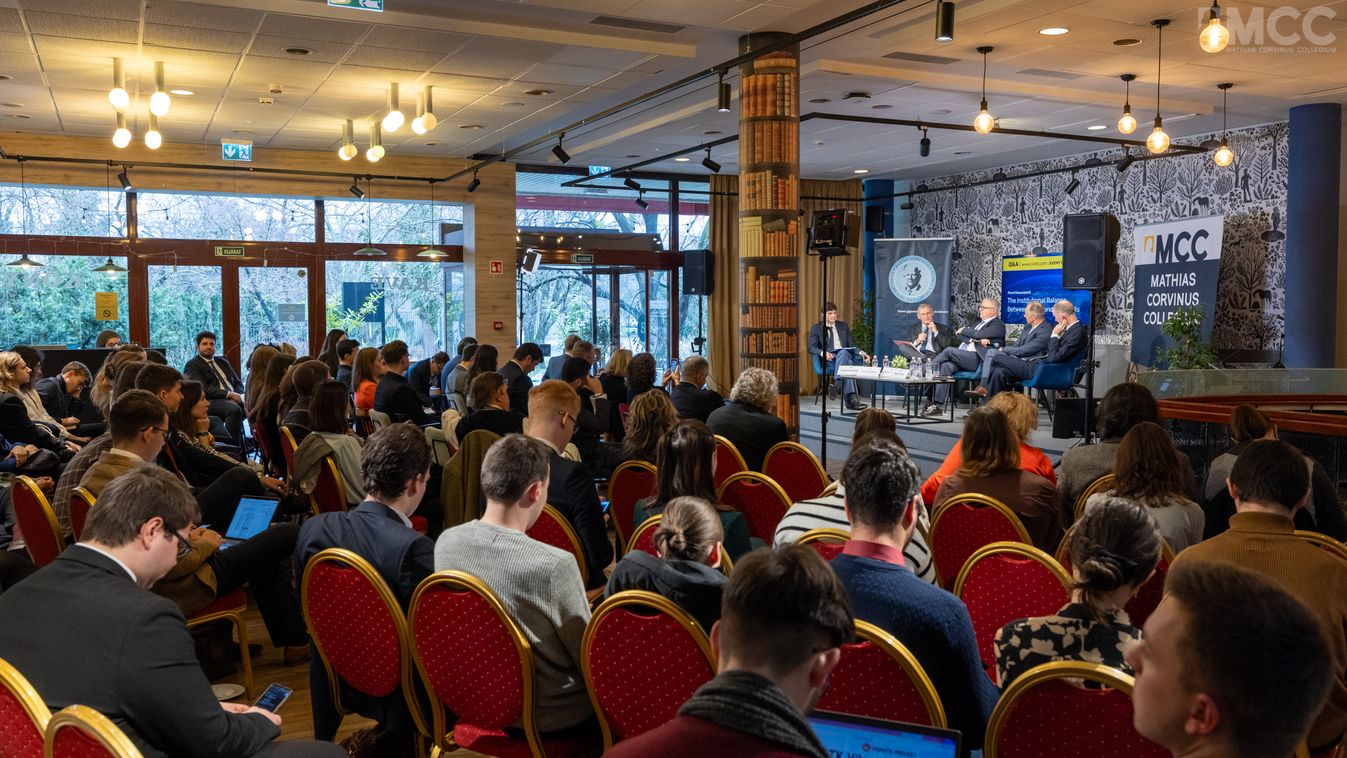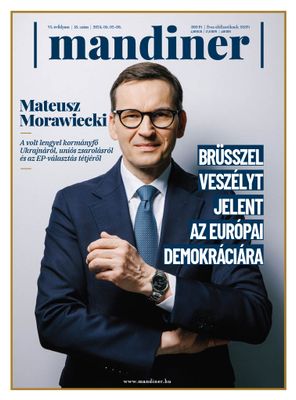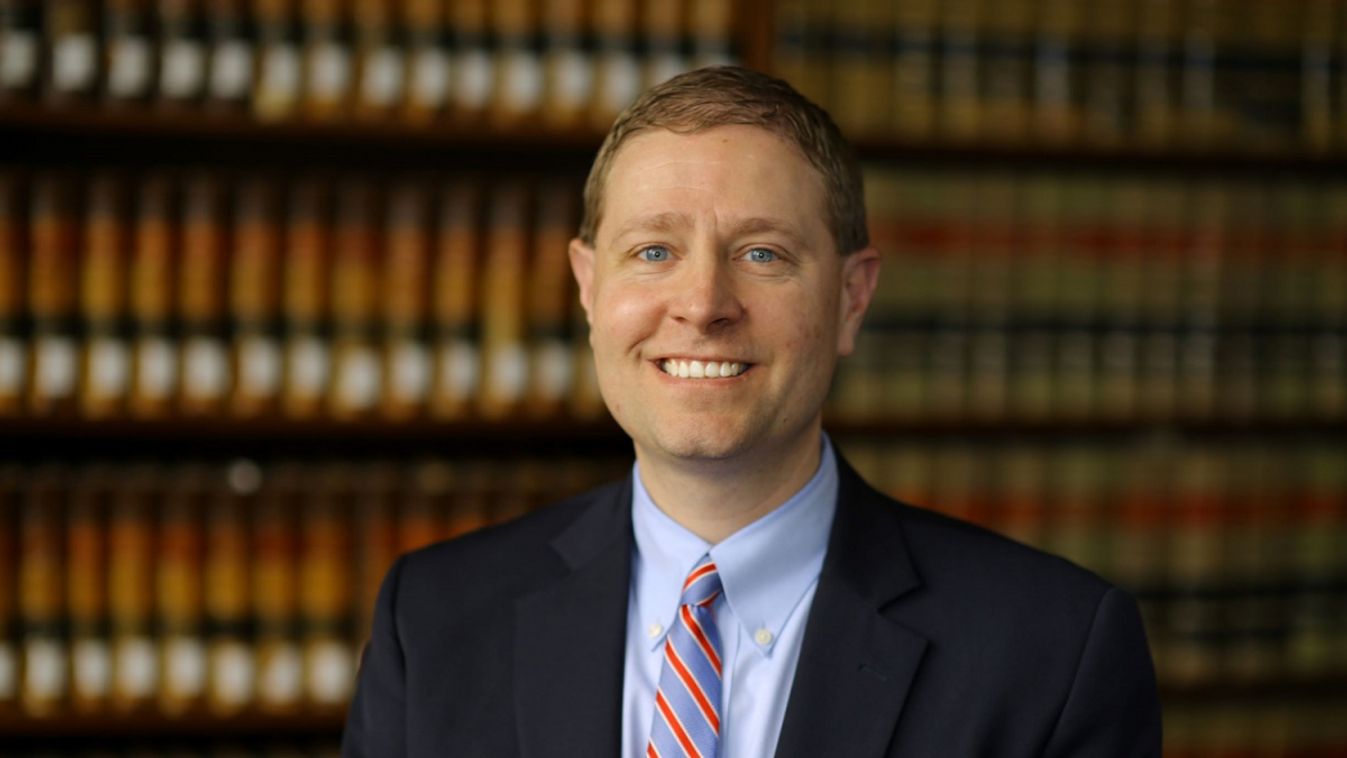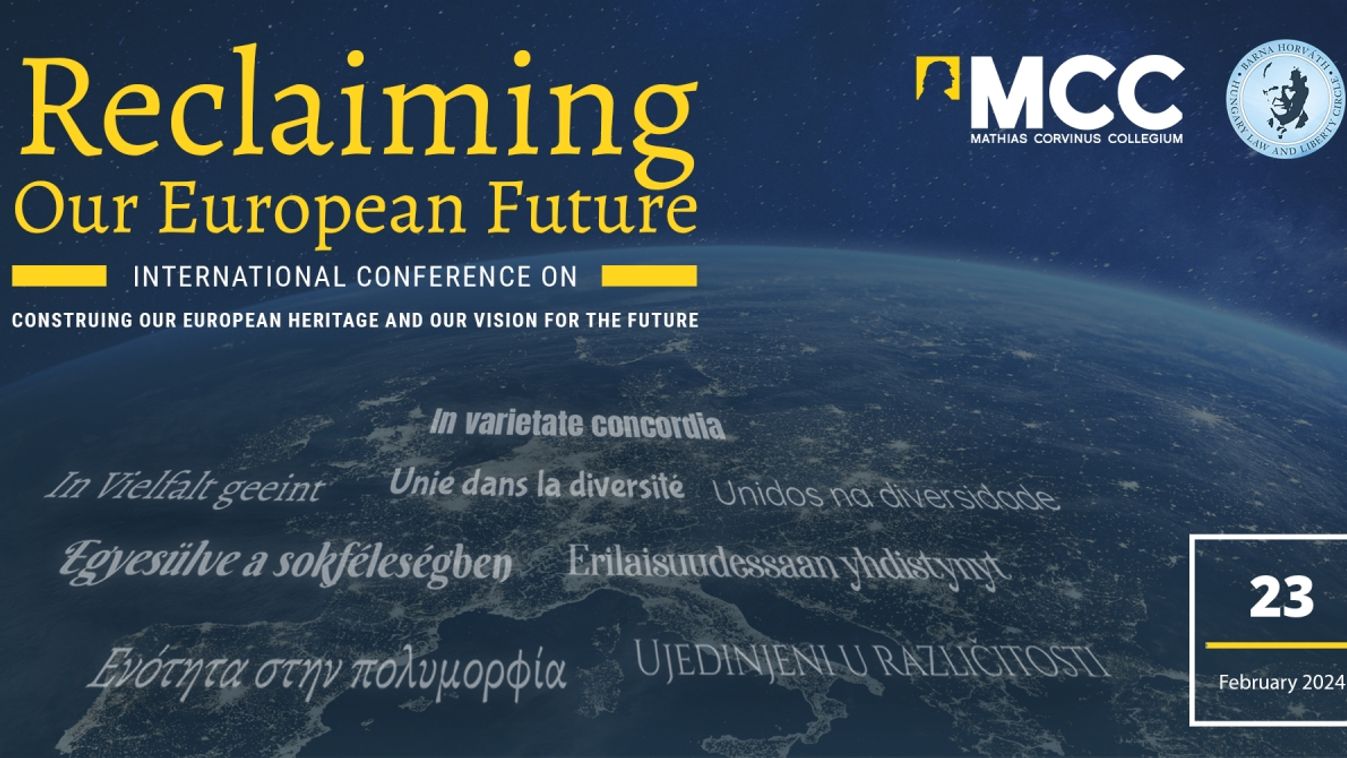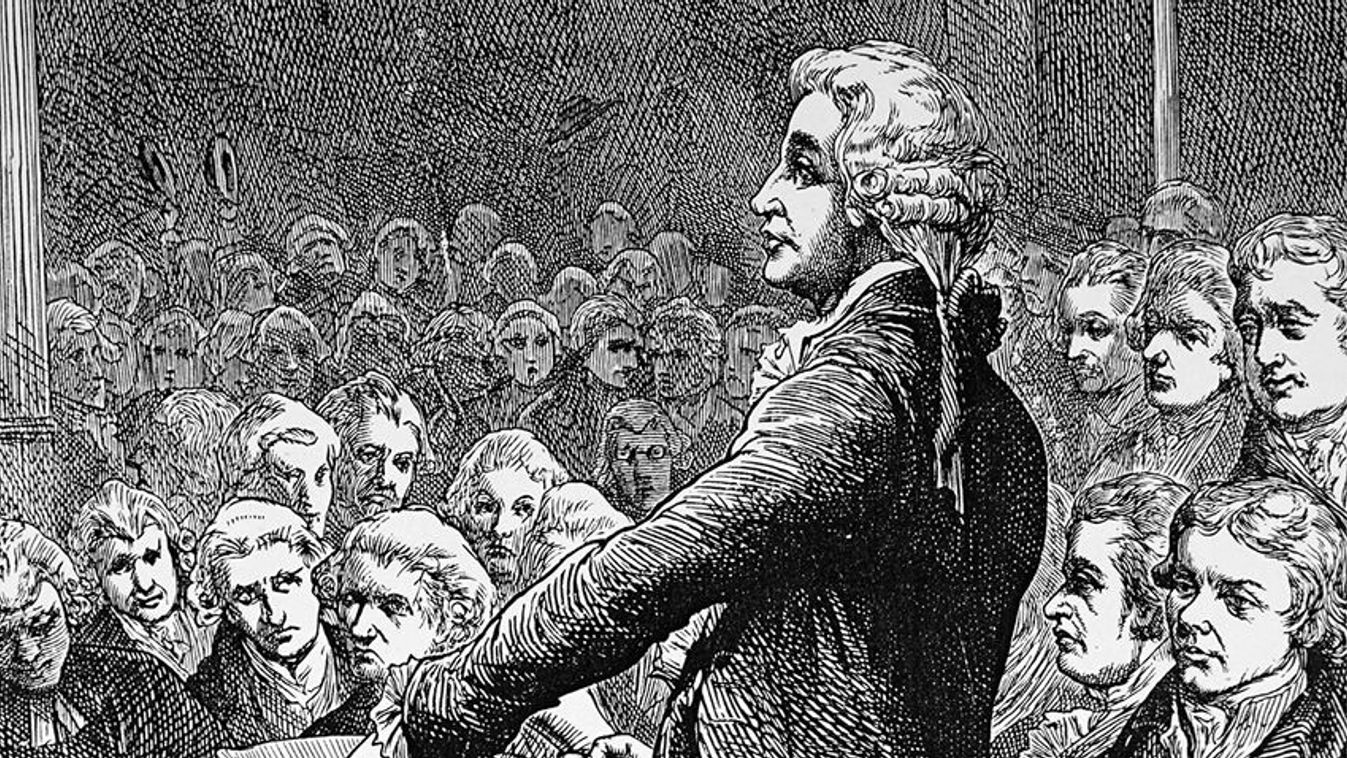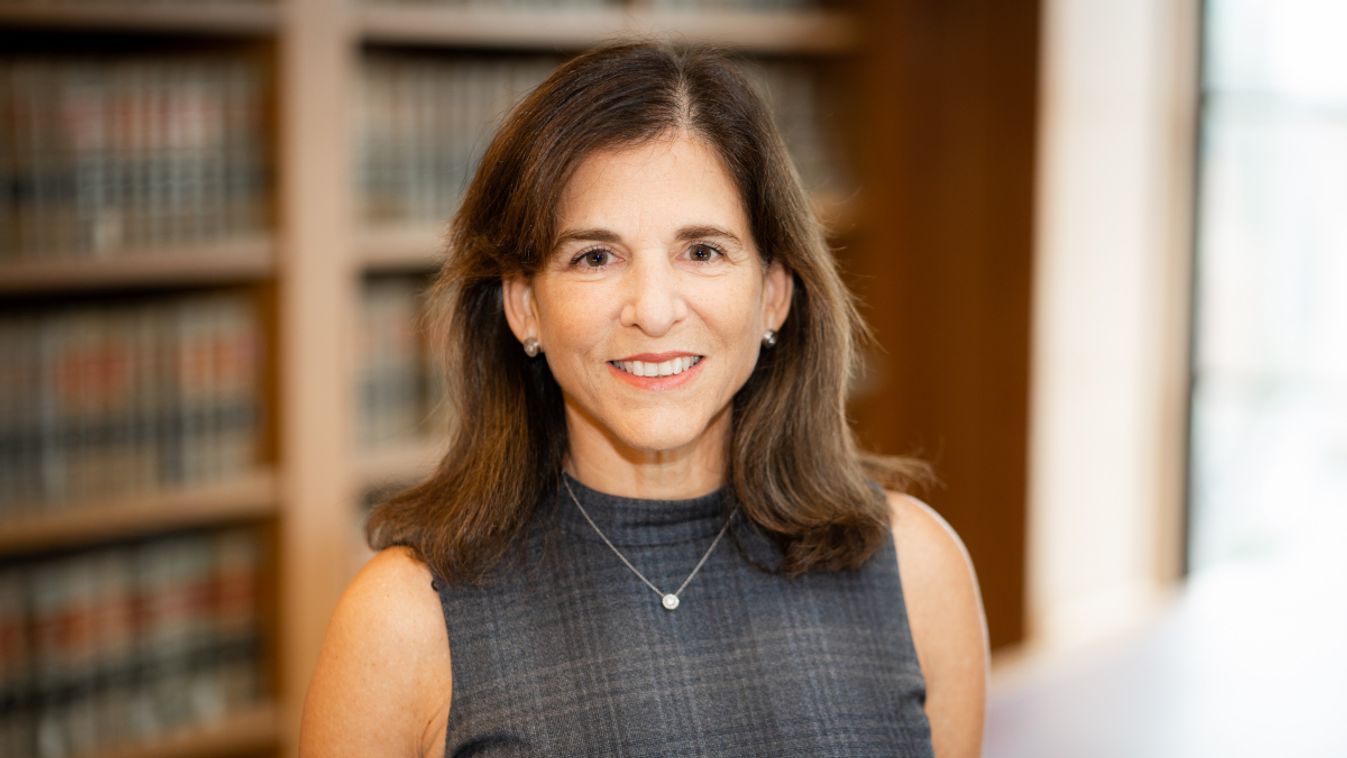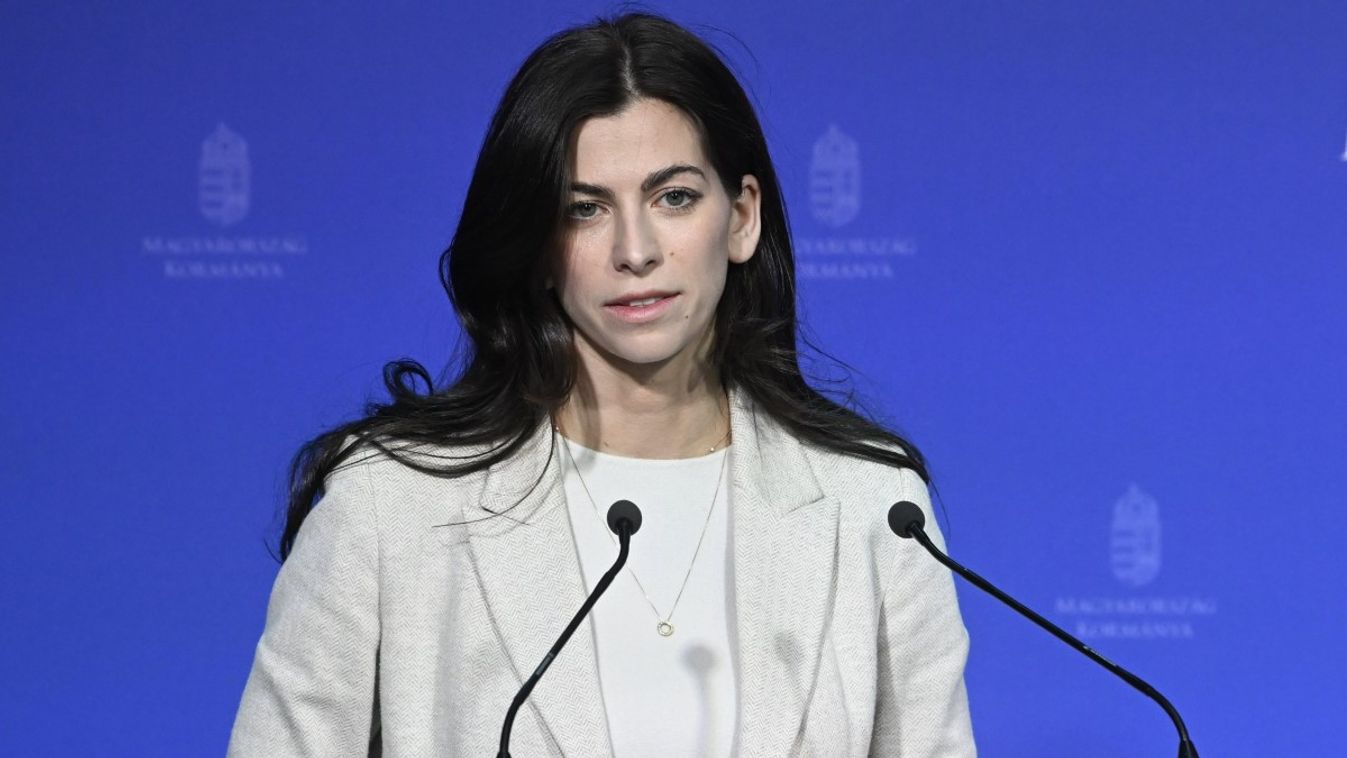You have been researching the “originalist” interpretation of the American Constitution for quite a long time. Why and how this reading of the Constitution evolved?
Well, originalism has a longer as well as a shorter (or modern) history. As for the longer history, a lot of scholars argue that during the Framing and Ratification period of the American Constitution the participants involved utilized originalist assumptions, originalist tools, and originalists goals in creating and communicating and understanding the Constitution. I share this view since I think the weight of the historical evidence supports it. In the Ratification period, the goal of both Constitution making and understanding was communication between the Framers—those people who drafted the Constitution—and the Ratifiers—those people who adopted and authorized the Constitution—and the officers in the federal government and the American people. But, to be clear, this view is contested among scholars who argue that there was a plurality of different views of interpretation during the Framing and Ratification period.
What is the modern conception of originalism?
Most scholars agree that modern originalism arose as a reaction against the excesses of the Warren and early Burger Court, since the 1970s. One primary example is Roe v. Wade where the Supreme Court loosely interpreted the Fourteenth Amendment to require States to allow abortion throughout a woman’s pregnancy. Scholars argued against these expansive interpretations and referred to the “original intent” of the Constitution. Originalism was subject to withering criticism over the 1980s, and since then originalism has become a sophisticated theory with a large number of and wide variety of adherents. Today, originalism is predominantly understood as “public meaning originalism” which identifies the public meaning of the text, when it was ratified, as the authoritative meaning. In response to criticisms in the 1980s, most originalists also argue that originalism does not require overruling all or almost all non-originalist precedents. So, originalism today is a theory that is also on the move.
How does originalism view progressive precedents? Are they considered as building blocks of a stable legal system or should they be overruled since they are not in line with the Constitution?
One criticism against originalism was that many important constitutional cases were not consistent with the original meaning, and therefore, if originalism was adopted, it would be dramatically destabilizing the rule of law if those precedents were overruled. Consequently, no reasonable judge could ever follow originalism consistently. One of the premises of this criticism is certainly right. There is a lot of American constitutional law embodied in Supreme Court precedents that are inconsistent with the Constitution’s original meaning.
One of my favorite examples is a case called Wickard v. Filburn which was decided during the New Deal and it dealt with a farmer from Ohio. Farmer Filburn had home grown and home consumed wheat that the federal government under the Interstate Commerce Clause claimed it was able to regulate. The Supreme Court, through a creative and non-originalist interpretation, ruled that the Interstate Commerce Clause included not just the regulation of commerce across state lines—it also included intra-state commerce including farmer Filburn’s home grown and home consumed wheat.
What does the Constitution’s original meaning require in these non-originalist cases?
Along with other scholars, I argue that the Constitution’s original meaning requires federal judges to maintain respect for precedents, including some non-originalist precedents too. I find this requirement in the “judicial Power” that federal judges exercise. The Constitution gives federal judges judicial power in Article III, and the original meaning of this “judicial Power” includes significant respect for all precedents, including incorrect precedents. When faced with non-originalist precedents, federal judges have to utilize three factors to decide whether to overrule that precedent. These factors include: the deviation of the precedent from the original meaning of the Constitution; whether overruling the precedent would harm rule of law values; and whether the precedent creates just relationships among Americans even though that it is an incorrect precedent.
Why in your view has originalism gained popularity in the past decades?
I think the core reason why originalism is attractive is that it is the most faithful way to interpret and follow the American Constitution. Unlike other countries, the United States does not have a common ethnic or religious background. The major thing that unites Americans is their faithfulness to their Constitution. Originalists are able to identify and argue that originalism is the way that Americans are faithful to our common Constitution. The claim that I make in my book, is that originalism is not only the best way to be faithful to the Constitution, but it is also one that is consistent with the natural law tradition on law and ethics in the West.
In your book you highlight the alignment of natural law thinking and originalism. Can natural law lay the groundwork for the originalist interpretation of the Constitution along with the fundamental rights enshrined in the Bill of Rights?
The way I approach the question of the relationship between natural law and the Constitution is thinking about the natural law tradition generally. The natural law tradition comes from Aristotle, Thomas Aquinas, and more recently Professor John Finnis and others. The basic idea of this tradition is that natural law provides natural goals of individual humans and of communities of humans, and it also provides some general outlines of how individuals and communities should operate. So for example, at the most abstract level natural law requires individuals and communities to pursue good and avoid evil. There are some concrete specifications of that, so for example the natural law enjoins us to pursue the goods of life and leisure.
However, the natural law does not give us detailed guidance about how communities of humans should live together. This lack of guidance is called “underdeterminacy”. There is some guidance but just not enough to help us live well together in a community. So the argument I make in my book is that the natural law tradition itself requires robust supplementation by positive law to help Americans live together in a society. The Constitution and originalist Supreme Court precedents are the positive law that implements the natural law in the United States. The natural law tradition requires supplementation by the positive law. Originalism is the best way to understand the Constitution’s meaning because it is the meaning of the Framers when they were implementing natural law. For example the Constitution’s Commerce Clause was a positive law response to the trade war among member States. So it was a response to that practical problem of living together in a national community.
We live in a word where there is strong aspiration to expand the scope of rights to foster “social engineering”. How in your view can the natural law tradition react to this modern challenge?
It depends on the circumstances under which human rights are created. By whom, under what process, with what authority, and for what reasons are human rights norms created. So for example, if national or international judicial tribunals are “creatively” interpreting national and international human rights documents, then they open themselves up to criticism. A critic could argue that national or international judicial officers should follow the public meaning of the texts that they purportedly interpret. The natural law tradition says that judges can exercise the positive-law-defined scope of power of their office, but they cannot exercise more than the power of their office. It would be more than the power of their office to unfaithfully misinterpret in a too-expensive way the texts under their supervision.
The natural law tradition could also criticize this phenomenon in other ways. For example Professor Francisco J. Urbina from the Pontificia Universidad Catolica de Chile Law School, used the natural law tradition to argue against the reasoning process employed by national and international judicial tribunals to create expansive human rights interpretations. He argued that the so called proportionality balancing of judicial officers is actually a façade where some other non-judicial reasoning was taking place. In sum, the natural law tradition offers a lot of tools that can be used to criticize incorrect interpretations, but it depends on the circumstances to know which tool the natural law tradition can best utilize.
We also see an increasing aspiration not only to expand but also to standardize human rights around the world as well as to try to rip them out of their cultures of origins. How does the natural tradition react to the challenge of standardization?
As I pointed out earlier the natural law tradition’s conception of “underdeterminacy”. So different communities of people are following their own backgrounds, their own economic circumstances and their own cultural aspirations could implement the natural law in reasonably different ways. For example, in the United States, we have a longstanding tradition of robust protection for free speech. But in other communities, some for sound reasons and some for unsound reasons, there are less protection for free speech. But the basic point is that the United States’ approach is not the one-size-fits-all best approach for every community on the planet. Instead, the United States’ approach fits pretty well the U.S. background and circumstances. A different approach to free speech might fit well with a different set of circumstances.
The natural law tradition puts minima on certain facets of human expressions. I think free speech is one of the areas in which the natural law tradition requires at least some protection of free speech to allow human beings to achieve human flourishing. One facet of human flourishing for humans is to be able to communicate with each other, in particular on political issues. But the general point is that the natural law tradition can and should be implemented in different ways in different communities. Therefore, it is generally a mistake to have a one-size-fits-all approach to human rights unless this one size fits all approach only tries to identify the minimum that is appropriate for most humans under most circumstances. The Universal Declaration of Human Rights was an attempt to try get at that minimum. Scholars from the natural law tradition, like Jacques Maritain, participated in that process. So this is one way to read the UDHR. But movements beyond that on a global scale may not be justified by the natural law tradition.
